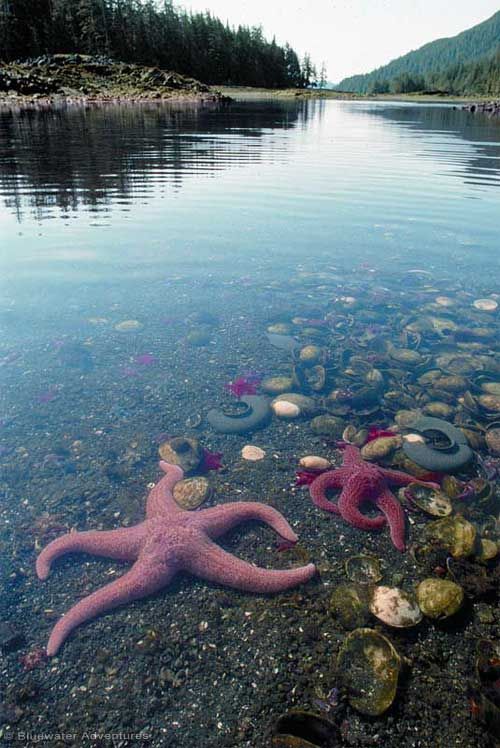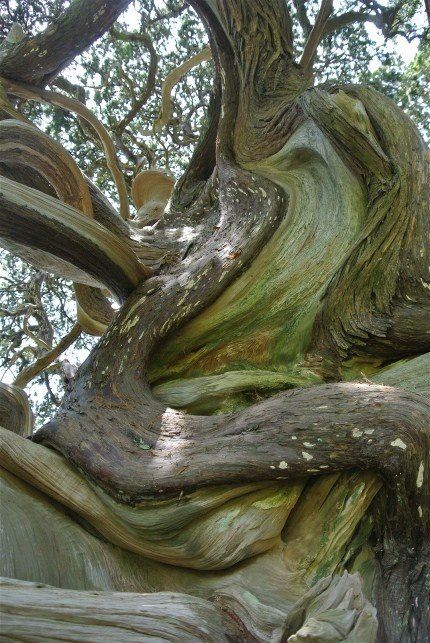Dear Integral Meditators,
In my writings on mindfulness I speak quite a lot about the principle of flow. In the article below I explore it with regard to mindfulness of our feelings, and how to create a healthy, self-cleansing emotional body by using a simple image and exercise.
In the spirit of the flowing river,
Toby
 Mindfulness of feelings – The principle of flow
Mindfulness of feelings – The principle of flow
Picture a flowing river. Now imagine that some pollution gets dumped in that river. In the short term this will make the river dirty but, as long as the water keeps on flowing, then eventually the river will self-cleanse. Imagine that same pollution gets placed in a pond. In the case of the pond the pollution has nowhere to go because the water is not flowing, and so the water in the pond simply stays filthy.
It’s the same with your emotions; if you are mindfully feeling and experiencing your emotions every day, then you are allowing them to flow so that, even if some of those feelings are negative, then it doesn’t matter too much because they will be washed along and away by the flow without too much bother. If however you repress or stifle or numb your emotions, then this is like making them into a stagnant pond, they get stuck in your body and mind, unable to flow naturally. In this situation, whenever a difficult or negative emotion gets generated within you it will tend to get ‘stuck’ and just circulate within your emotional being for an unnatural time because it has nowhere to go; it cannot ‘flow’.
The flowing river
Imagine yourself by a deep, flowing river, allow your attention to dwell upon and within the river so that you can start to feel its flow within your emotional being. Allow yourself to feel and flow like the river, letting whatever emotions come up to arise and then flow downstream; don’t try and control or dictate what emotions arise. Allow your emotional self to become a moment to moment flow, gradually becoming a smooth, clear flow of pure feeling-ness; relax mindfully into that and dwell on it for as long as you wish.
You can even take particular emotions that you know you struggle with or tend to repress, and do this exercise specifically with them in mind.
Dealing with surges
When there is a lot of rain, a river swells and the flow increases, but as long as the flow is not blocked, then the surge eventually returns to a normal flow. It’s the same when we have a surge of emotions, as long as you don’t try and block or prevent the flow of the emotion, then after a while it will subside quite naturally. Again the principle here is to work on allowing the energy of the emotion to flow in a conscious, directed way.
© Toby Ouvry 2016, you are welcome to use or share this article, but please cite Toby as the source and include reference to his website www.tobyouvry.com
Mindful Goals Coaching Special Offer: 15% off from May 25th – June 8th
For two weeks starting May 25th & ending June 8th I am offering a special 15% discount on my mindful goals coaching service. For a three session package that is a saving of Sing$90.
‘To invent your own life’s meaning is not easy, but it is still allowed, and I think you’ll be happier for the trouble’ – Bill Watterson
Click the link above to find out more about the Mindful Goals Coaching Service!
Upcoming Courses at Integral Meditation Asia:
Ongoing on Wednesday’s, 7.30-8.30pm – Wednesday Meditation Classes at Basic Essence with Toby
Saturday 11th June, 10am-5pm – An Introduction to Meditation from the Perspective of Shamanism
Saturday June 18th, 2.30-5.30pm – Meditation & Mindfulness for Creating a Mind of Ease, Relaxed Concentration and Positive Intention – An Introduction to Contemporary Meditation Practice
Integral Meditation Asia
Online Courses * 1:1 Coaching * Live Workshops * Corporate Mindfulness Training *Life-Coaching * Meditation Technology








